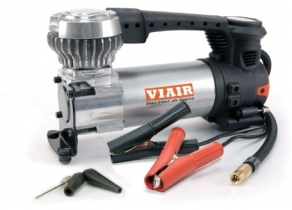-
Welcome to Tacoma World!
You are currently viewing as a guest! To get full-access, you need to register for a FREE account.
As a registered member, you’ll be able to:- Participate in all Tacoma discussion topics
- Communicate privately with other Tacoma owners from around the world
- Post your own photos in our Members Gallery
- Access all special features of the site
Well that was weird, can anyone explain why this happened?..
Discussion in '2nd Gen. Tacomas (2005-2015)' started by yonah, Oct 2, 2016.
Page 3 of 3
Page 3 of 3


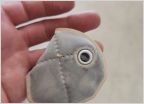 15' Tacoma won't start - Fuel Pump question?
15' Tacoma won't start - Fuel Pump question?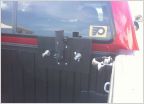 Flag mount
Flag mount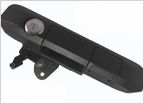 PL5400 problem...already
PL5400 problem...already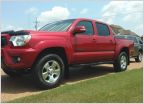 All Cleaned up!
All Cleaned up!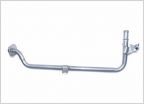 2005 Tacoma leaking coolant from ??
2005 Tacoma leaking coolant from ??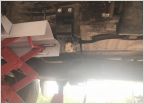 4.0 6spd Manual URD Stage 3 Clutch, TOB Sleeve & Lightweight Flywheel Install Write-Up
4.0 6spd Manual URD Stage 3 Clutch, TOB Sleeve & Lightweight Flywheel Install Write-Up










